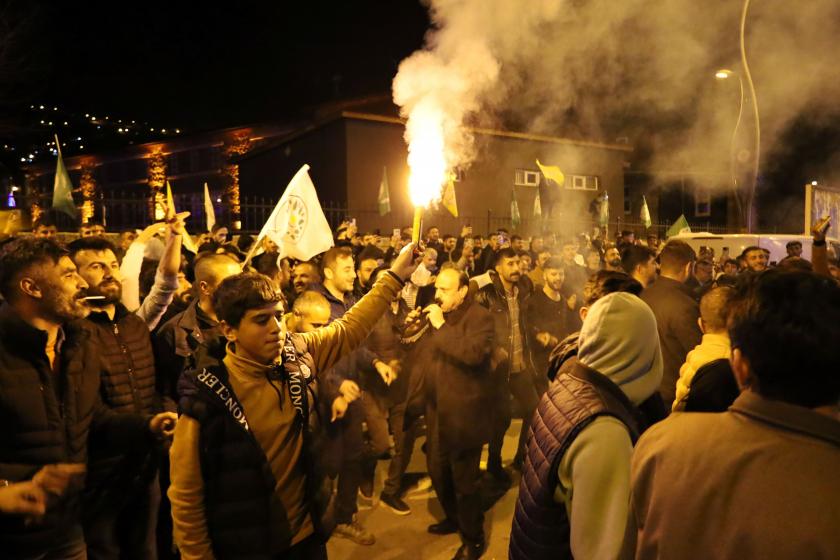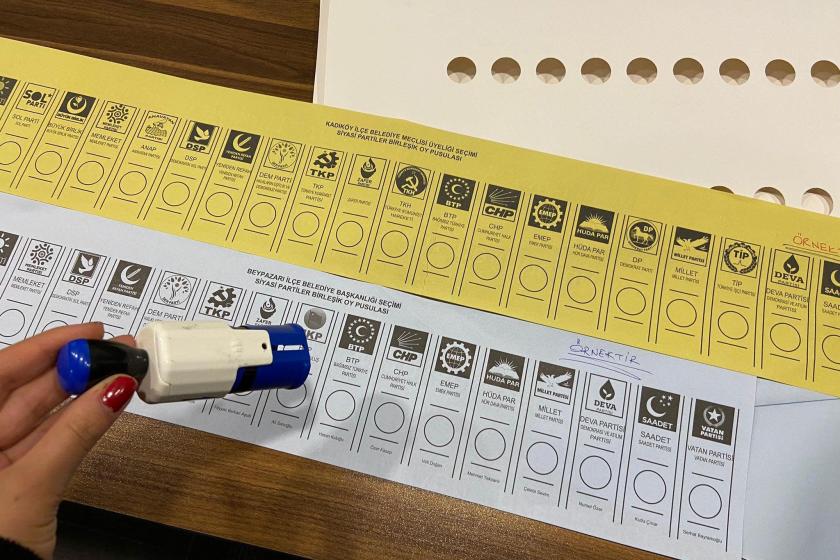September witnessed the resistance of hand sewers across Turkey. Downing of tools started in Adana and continued in Istanbul, Konya, Antep, Izmir and Manisa. Workers’ demands were regular pay rises, equal pay and sociable working hours, as well as an end to child labour.
As well as its’ economic demands and gains Hand sewers resistance is an important experience in terms of the contribution of class struggle to societal peace. Turkish and Syrian workers uniting around class demands is a key guarantee of raising the possibility of co-existence.
Workers from Turkey now realise that deepening conditions of exploitation is not a result of the presence of Syrian workers but their position as workers more vulnerable to exploitation. Hence, they are in a struggle together. The committees they set up have Syrian members. They realise that equal pay is just as important as regular pay rises.
Syrian workers speaking to Evrensel say that acting together is more important than gains. They are aware that the prejudice and attacks targeting them could be overcome through class struggle. Furthermore, they think that those returning to Syria will take their experience with them to their own country.
Another revelation of the resistance is that hand sewers have not forgotten past experiences. Majority of the workers that spoke to the newspaper pointed to their struggle of years ago; stating that they can get their demands met only through action. Having secured a 25% pay increase in Adana, workers remind us that their last pay increase in 2012 was also won through action. In Antep, even young workers remember the struggle of hand sewers from 32 years ago. Their story has been passed down from master to apprentice through to today.
Theirs is a very demanding job both because of long working hours and job insecurity, as well as working conditions. Chemicals inhaled by workers are combustible and explosive. Despite the health warning of ‘18+’ on the adhesives used, child labourers are widespread in the sector.

A report on Izmir states that out of the 45 thousand workers in the Shoemakers industrial area approximately 5 thousand are children. Of the total workforce, only 3 thousand are officially registered.
The report reveals that Syrian workers are used to suppressing the demands of workers from Turkey. In addition, those Syrian workers that demand their rights are sacked and threatened with deportation. Hence, it must be stressed that the action taken in 2014 against Syrian workers transforming into a joint struggle for better working conditions is extremely important.
It is also reported that almost all workplaces employ children as young as 6 years old.
A reminder; records of child exploitation during the industrial revolution also show that children as young as 6 are made to work.



